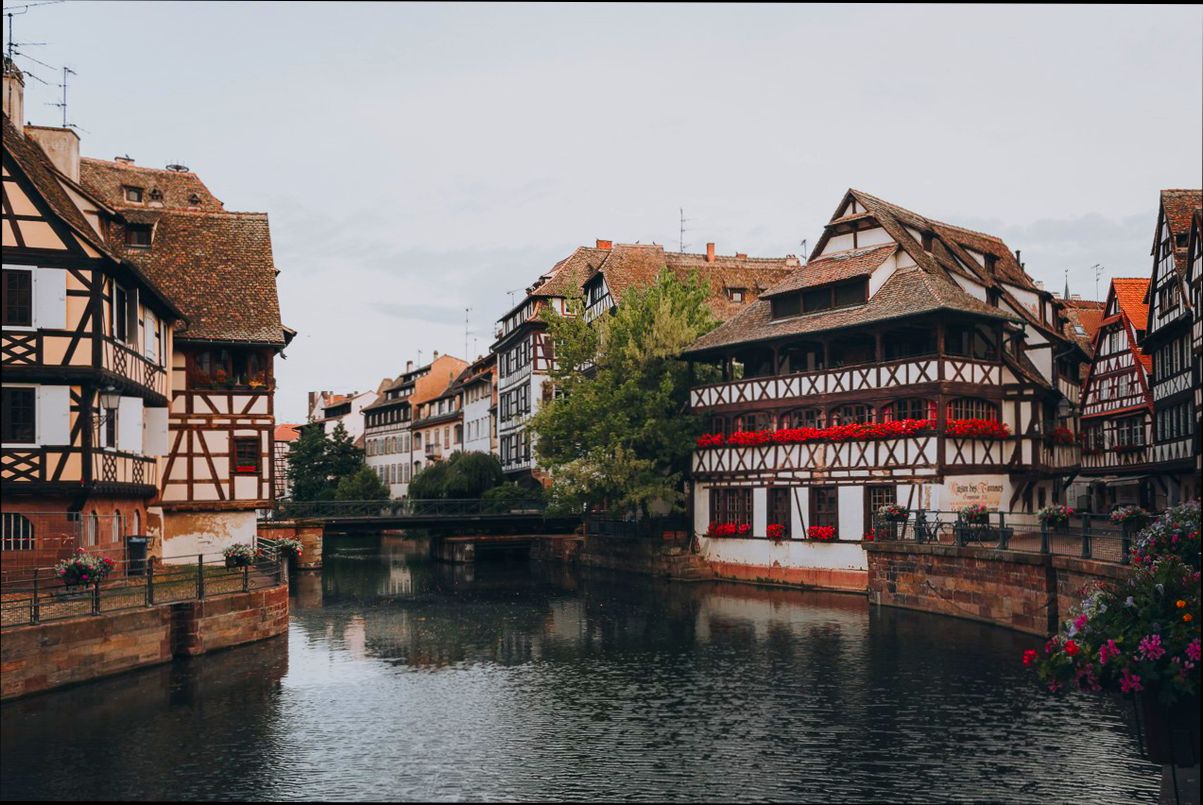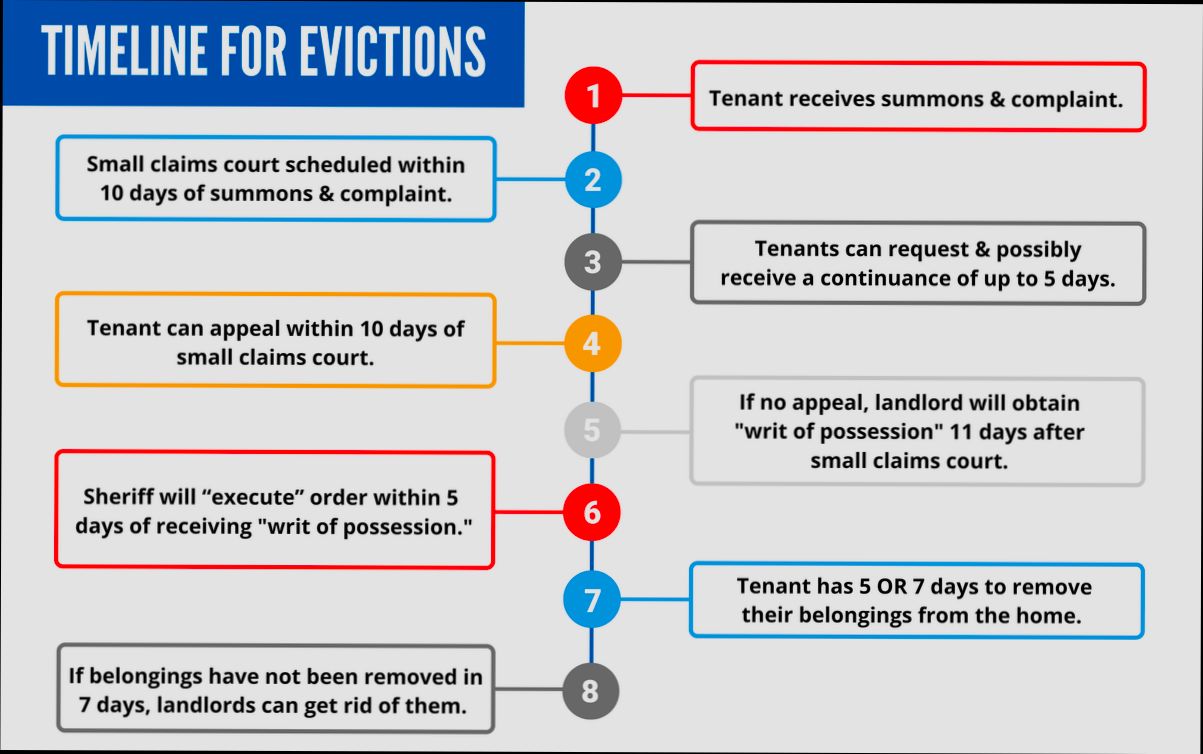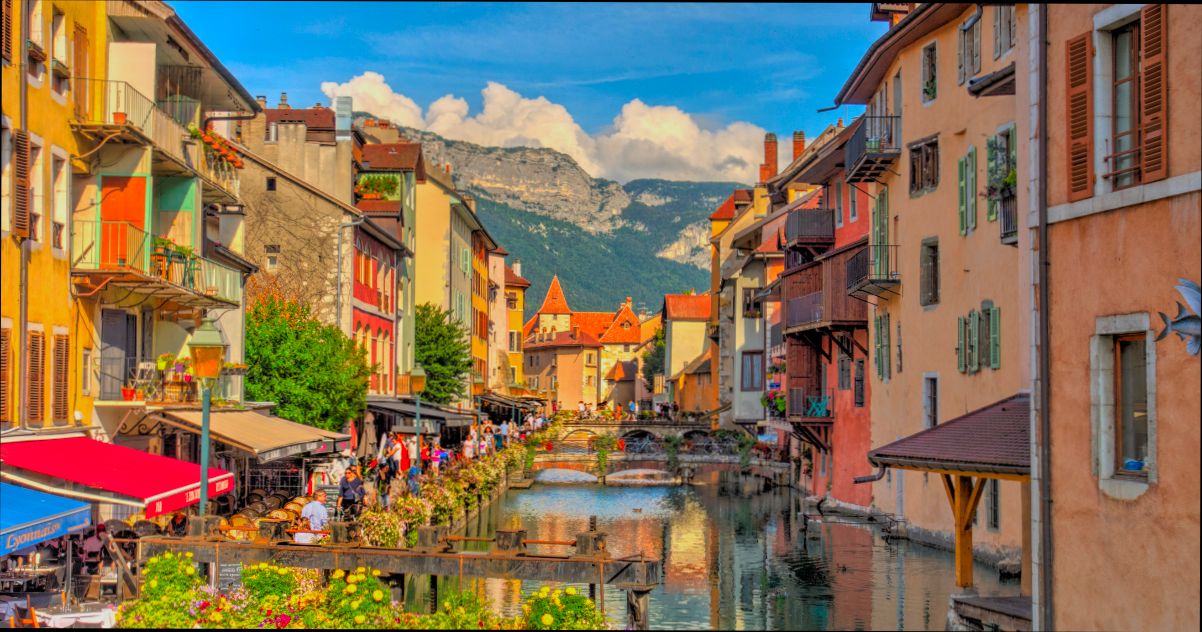Pros and Cons of Living in Strasbourg France as an Expat can feel like a mixed bag, but that’s part of the charm! If you’re aiming for a city steeped in history while also buzzing with modern life, Strasbourg checks both boxes. With its beautiful half-timbered houses and vibrant European Parliament, you’ll feel like you’re living in a postcard. Plus, the cost of living isn’t too shabby; you’ll spend around €800-€1,200 monthly, which can be a sweet deal compared to cities like Paris. Not to mention, the city’s location makes it a perfect springboard for travels across France and beyond; it’s just a hop, skip, and a jump from Germany and Switzerland.
On the flip side, living in Strasbourg as an expat isn’t without challenges. The weather can be a bit gloomy in winter, with temperatures often dipping below zero, which might take some getting used to if you hail from a sunnier clime. You might also encounter the notorious administrative maze of French bureaucracy—settling in can be a real test of patience. And let’s be real: while locals are friendly, the language barrier can leave you feeling isolated at times, especially if your French isn’t up to par. Those little nuances make the experience unique—sometimes delightful, sometimes daunting!
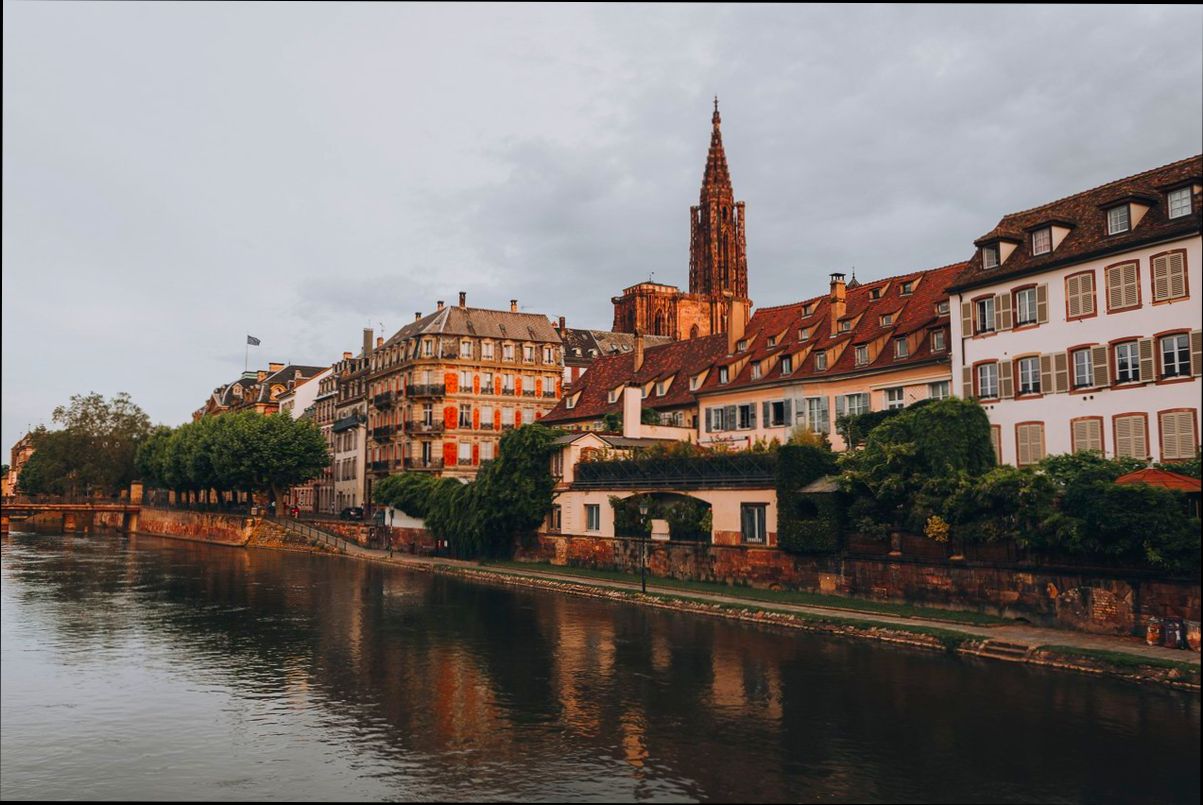
Cost of Living in Strasbourg for Expats
If you’re considering a move to Strasbourg, understanding the cost of living is crucial for shaping your budget. This charming city offers a blend of cultural richness and a moderately high standard of living that can vary greatly depending on your lifestyle.
Housing Costs
When it comes to accommodation, rental prices in Strasbourg can be one of the larger expenses you’ll encounter. An average one-bedroom apartment will cost you around €890 per month, while a two-bedroom unit typically goes for about €1,100. If purchasing an apartment is on your agenda, expect to pay roughly €2,500 per square meter. Here’s a quick breakdown of the rental market:
| Apartment Rentals | Cost (€) |
|---|---|
| One-bedroom Apartment | 890 |
| Two-bedroom Apartment | 1,100 |
| Average Price (per sq. meter) | 2,500 |
Transportation Expenses
Strasbourg boasts a reliable public transport system, essential for getting around without a car. A single ticket will set you back €1.90, and if you plan to travel frequently, a monthly pass for €14.50 is a smart investment. Taxis are also available, starting at €3.50 for the first kilometer and €1.50 for each additional kilometer, which can add up quickly for regular use.
Grocery Prices
For day-to-day living, grocery shopping in Strasbourg can be manageable. On average, a family of four spends about €50 per week on groceries. Staple prices include €1.20 for a liter of milk, €1.50 for a loaf of bread, and €2.50 for a dozen eggs. Knowing where to shop can make a significant difference in your monthly grocery bills.
Dining Out Costs
Eating out occasionally? Meals at restaurants average around €15 per person, which can be a treat but adds to your expenses if done too frequently. A cup of coffee costs about €2.50, while a bottle of local beer usually runs you €4.50. Consider exploring lunch specials or café deals to help keep dining costs manageable.
Utility Bills
Utilities in Strasbourg average around €150 per month for a family of four, covering essential services like electricity, water, gas, and internet. It’s important to factor this into your overall budget, as these costs can vary based on usage and household size.
Schooling Costs
If you have children, also consider education expenses. Private schooling can be significant, with tuition fees averaging €5,000 for preschool and going up to €12,000 for high school. This could impact your overall budget considerably, depending on your family’s needs.
Practical Money Tips
1. Roommate Arrangements: If you’re trying to keep costs down, look into sharing an apartment. It can significantly reduce your rent.
2. Explore Neighborhoods: Some areas like Neudorf or Cronenbourg offer more affordable rentals compared to the city center.
3. Public Transport: Make use of public transport instead of relying on taxis to save money.
4. Cook at Home: Consider cooking at home; this can lower your grocery and dining costs significantly.
By planning your budget around these factors, you can efficiently manage your finances while living in Strasbourg. Knowing these specifics will help you navigate the financial landscape and enjoy your expat experience in this picturesque city.
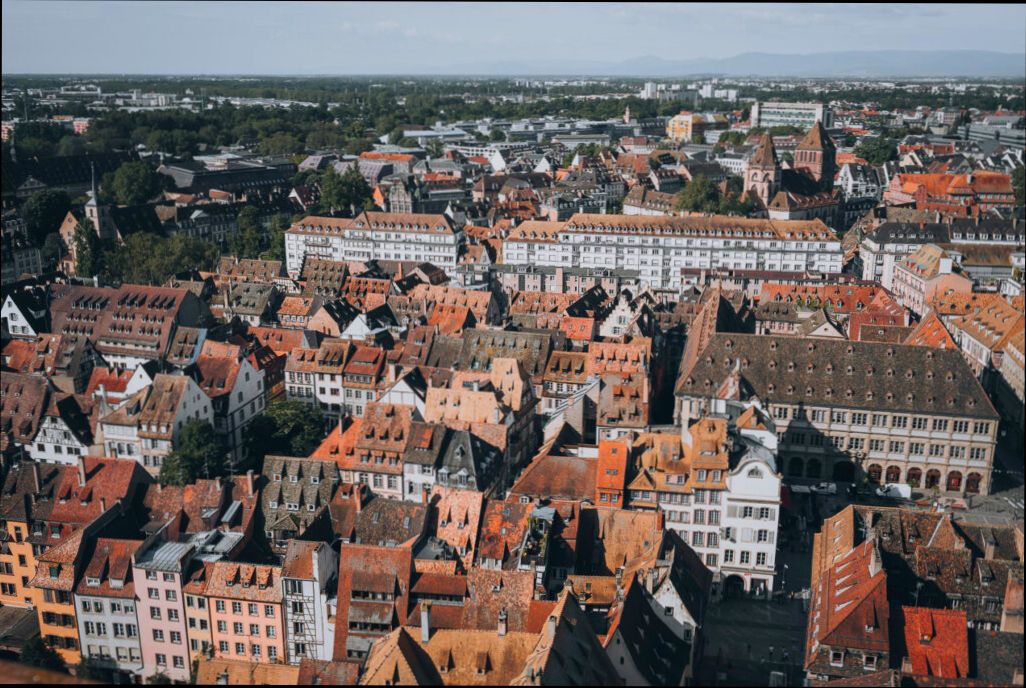
Cultural Integration Experiences for New Residents
Moving to a new country like France is exciting, but cultural integration can be both rewarding and challenging. In Strasbourg, you’ll encounter a rich blend of French and German cultures, which makes for a unique experience. Let’s explore what to expect and how to foster meaningful connections.
Language Opportunities
One of the most significant aspects of cultural integration is language acquisition. In Strasbourg, approximately 80% of residents speak French, and knowing the language can greatly enhance your daily interactions. Engaging in local language classes can prove invaluable; many expats recommend the Alliance Française or local community centers that offer courses. You can expect to pay around €200 for a 10-week course, a worthy investment for smoother communication.
Community Involvement
Integrating into the local community is vital. Participating in local festivals, such as the Strasbourg Christmas Market or Fête de la Musique, provides a superb opportunity to connect with locals and understand the culture. Approximately 65% of expats who engage in community activities report feeling more settled within their first year.
Networking and Support Groups
Finding a support network can ease your transition. Strasbourg hosts numerous expat groups and meetups, often organized through social media platforms. An excellent example is the Strasbourg Expat Facebook Group, which boasts over 3,000 members. These platforms are perfect for building friendships and potentially discovering local resources or events.
Cultural Workshops
Strasbourg offers various cultural workshops where you can immerse yourself in local traditions. For instance:
- Cooking classes featuring Alsatian cuisine
- Art and craft workshops that focus on regional heritage
- Traditional dance lessons
These experiences not only teach you about the culture but also facilitate friendships with other new residents and locals.
| Activity | Average Cost (€) | Engagement Rating (%) |
|---|---|---|
| Cooking Class | 50 | 85 |
| Art Workshop | 30 | 70 |
| Dance Lessons | 40 | 75 |
Real-World Examples
Consider Anne, a new expat who took a cooking class on Alsatian specialties. She mentioned, “Not only did I learn to make tarte flambée, but I made friends with locals who invited me to other cultural events.” Such experiences serve as bridges to deeper connections.
There’s also David, who became actively involved in community gardening initiatives. He shared, “Working alongside locals gave me insights into Strasbourg’s history and a sense of belonging.”
Practical Implications for You
To maximize your cultural integration, consider the following actionable steps:
- Enroll in a language class early on, perhaps even before arriving.
- Attend local events or festivals to engage with the culture authentically.
- Seek out expat groups or meetups for emotional support and sharing experiences.
- Explore workshops or classes to develop new skills while meeting others.
Take Action
Join a local language class this month and attend at least one community event. If you’re unsure where to start, look up upcoming festivals or workshops that interest you. Building your local network and embracing the rich culture will enhance your experience tremendously.
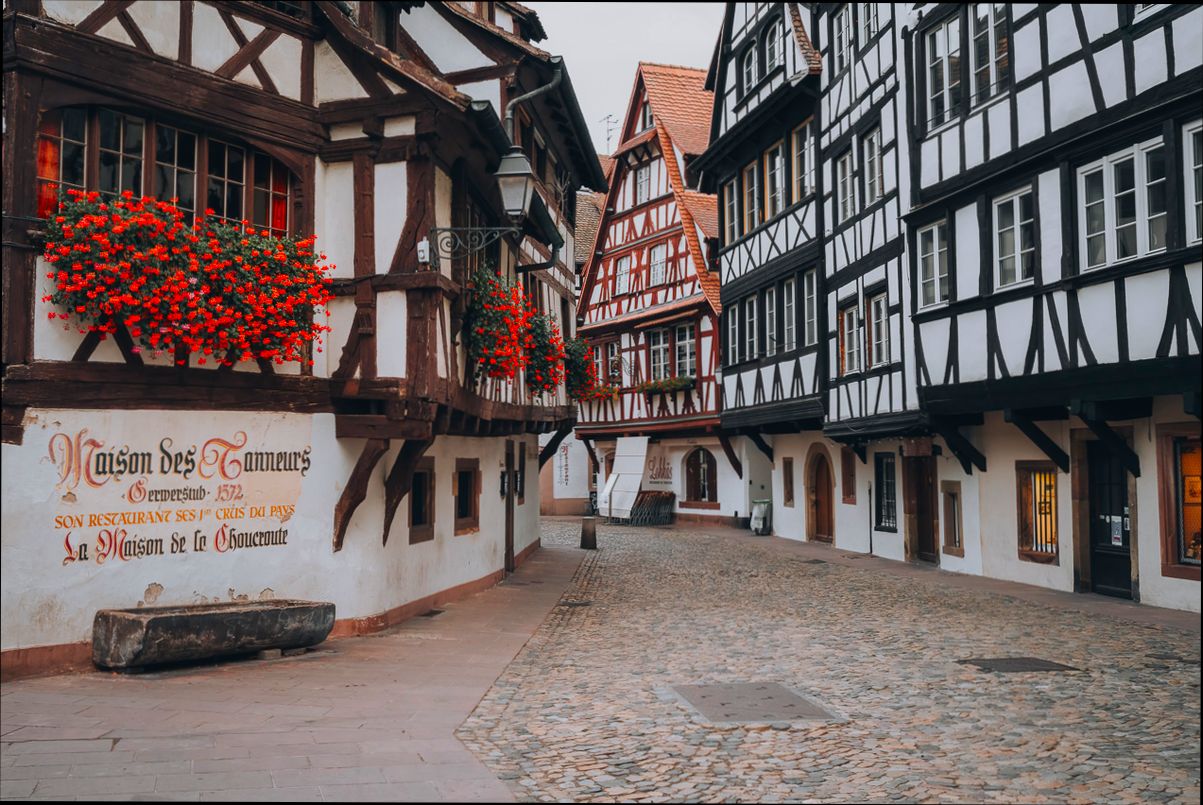
Access to Healthcare Services as an Expat
Living in Strasbourg offers many benefits, but one crucial factor you’ll need to consider is access to healthcare services. As an expat, understanding how the French healthcare system works and what options are available to you can significantly impact your overall well-being.
Navigating the French Healthcare System
France boasts one of the best healthcare systems globally and is known for its high standard of care. However, accessing these services can be different for expats. Approximately 97% of the population is covered by the public health insurance system, known as Sécurité Sociale. If you reside in Strasbourg, you’re likely to benefit from this system, but it’s essential to familiarize yourself with specific steps to ensure your coverage.
Types of Healthcare Services Available
In Strasbourg, you can access a wide variety of healthcare services, including:
- General practitioners (GPs)
- Specialists (like dermatologists, cardiologists)
- Emergency services (SAMU - Service d’Aide Médicale Urgente)
- Private hospitals and clinics
Comparative Access for Expats
Not every expat will have immediate access to public health insurance, particularly if you’re not a long-term resident. Here’s a breakdown of potential healthcare access scenarios:
| Status | Insurance Type | Coverage Description |
|---|---|---|
| EU Citizens | European Health Insurance Card | Full access to public health services |
| Non-EU Residents | Private Health Insurance | May require upfront payment; differing coverage |
| Long-term Residents | Sécurité Sociale | Comprehensive coverage with co-payments |
Real-World Examples
Consider Sarah, a British expat who moved to Strasbourg and didn’t secure her Sécurité Sociale card immediately. Initially, she had to pay out-of-pocket for visits to a specialist, which cost her approximately 80 euros each time. After receiving her card, her out-of-pocket expenses reduced significantly, and she paid only a small co-payment, thus enabling her to access necessary treatments without financial strain.
Similarly, Mike, an American expat, opted for a private insurance plan that enabled him to bypass some of the waiting times commonly associated with public system appointments. His plan reimbursed him for most costs, but it required careful management of deductibles and co-payments.
Practical Implications
To make the most of healthcare services in Strasbourg, follow these steps:
1. Secure Your Health Insurance: If you’re from the EU, ensure you have your European Health Insurance Card. Non-EU expats should look into obtaining private health insurance while applying for residency.
2. Find Local Healthcare Providers: It’s wise to establish a relationship with a GP and any specialists you might need. Research local providers who speak your language to ease the transition.
3. Keep Emergency Contacts Handy: Familiarize yourself with the location and contact details of emergency services in Strasbourg.
Key Facts to Remember
- Health coverage through Sécurité Sociale often requires a small co-payment, averaging around 30% of the service cost.
- Approximately 80% of expats who have joined the public health system report satisfaction with service quality.
- Many healthcare providers can communicate in English, though it’s beneficial to learn a few basic medical terms in French.
By understanding these aspects of healthcare access as an expat in Strasbourg, you can ensure that you remain informed and well-prepared for any medical needs that arise.

Local Cuisine: A Culinary Advantage
Strasbourg’s culinary scene is a fascinating blend of French and German influences, thanks to its unique location on the border of the two countries. You’ll discover that local cuisine is not just about sustenance; it’s an experience filled with rich flavors, traditions, and opportunities to connect with the community.
Delicacies to Savor
Living in Strasbourg opens up a world of traditional Alsatian dishes. Here are some must-try local specialties:
- Tarte Flambée (Flammekueche): Often compared to pizza, this dish features a thin, crispy crust topped with crème fraîche, onions, and lardons. It’s a favorite among locals and visitors alike.
- Choucroute Garnie: A hearty dish made of sauerkraut, sausages, and various meats, it’s perfect for chilly days and reflects the region’s rich culinary heritage.
- Baeckeoffe: A comforting casserole of marinated meats and potatoes, slow-cooked with herbs, showcasing the Alsatian devotion to home-cooked meals.
You can also indulge in delicious desserts, such as Kugelhopf, a sweet bread that’s often enjoyed with coffee. These traditional dishes embody the local culture and provide a taste of history in every bite.
The Numbers Behind the Flavor
Research indicates a few interesting statistics about the local culinary scene:
| Dish | Average Price (€) | Popularity Rating (1-10) |
|---|---|---|
| Tarte Flambée | 12 | 9 |
| Choucroute Garnie | 15 | 8 |
| Baeckeoffe | 18 | 7 |
These dishes not only fill your stomach but also connect you with the community. Most eateries emphasize using local ingredients, which contributes to the economy and promotes sustainable food practices.
A Culinary Adventure
Local markets are vibrant hotspots in Strasbourg, lending insight into the region’s culinary practices. The Place de la Bourse market is a fantastic example, where you can sample local cheeses, meats, and fresh produce. Engaging with vendors is a rewarding way to learn cooking tips and family recipes, enhancing your culinary repertoire.
Getting Involved
As an expat, immersing yourself in the local cuisine can offer considerable benefits. Here are a few practical ways to dive deeper:
1. Cooking Classes: Sign up for local cooking classes that focus on Alsatian cuisine. This is an excellent way to not only learn to cook but also to meet fellow expats and locals.
2. Culinary Tours: Join a food tour that explores the city’s best eateries and markets. This can be a fun way to discover hidden gems and understand the culture behind the food.
3. Festivals and Events: Keep an eye out for local food festivals, where you can sample a variety of regional dishes and meet passionate culinary artists.
Tips for Culinary Exploration
- Ask Locals: Don’t hesitate to ask local friends about their favorite places to eat. Their recommendations can lead you to find authentic experiences off the beaten path.
- Try Street Food: Local street vendors often sell delicious variations of traditional dishes at affordable prices. This can be a fantastic way to try new things without breaking the bank.
- Family Recipes: If you develop friendships with local families, ask if they would share beloved family recipes or even an invitation to a home-cooked meal.
Strasbourg’s culinary landscape is ripe for exploration and offers endless possibilities for flavorful adventures. Engage with the local cuisine, and you’re not just tasting food; you’re experiencing the heart and soul of the region.
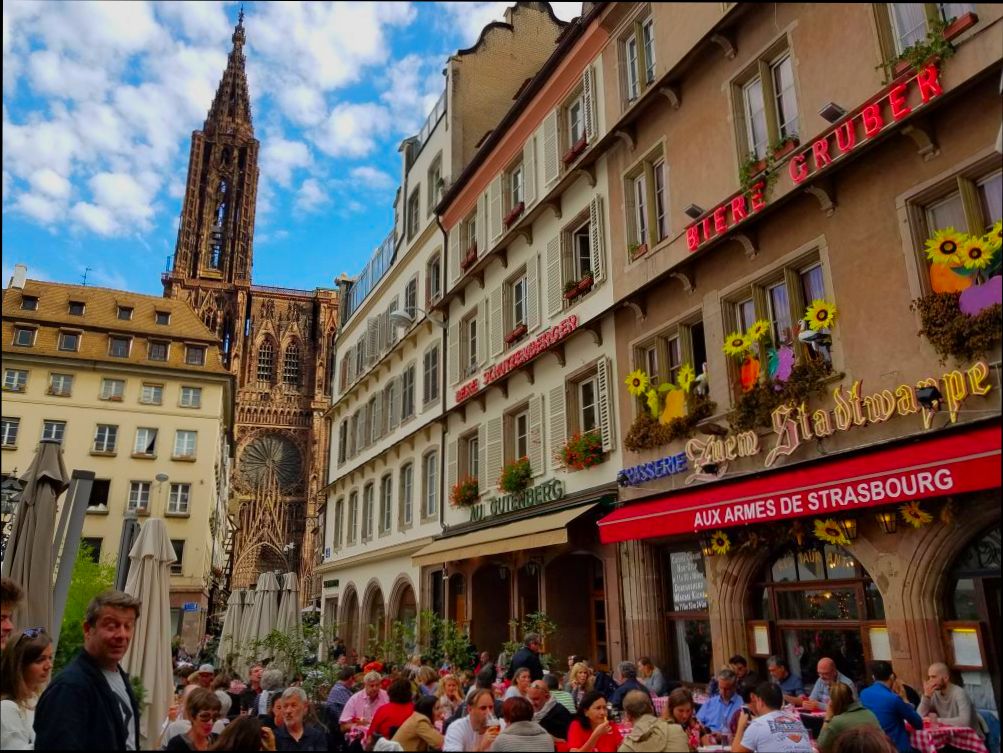
Employment Opportunities and Job Market Insights
Finding work in a new city can often be a daunting task, and understanding the local job market can make all the difference when relocating to Strasbourg as an expat. This section dives into employment opportunities available in Strasbourg and offers valuable insights to help you navigate the local job landscape.
Job Market Overview
Strasbourg’s job market is dynamic, with various sectors offering opportunities for expats. Some key points to consider include:
- Unemployment Rate: As of the latest data, Strasbourg boasts an unemployment rate of approximately 7.2%, which is slightly lower than the national average in France.
- Key Industries: Major sectors driving job creation in Strasbourg include:
- European Institutions: With several key EU institutions headquartered here, jobs in international relations, administration, and public policy are plentiful.
- Technology and Innovation: The tech scene is growing, especially in areas like software development and cybersecurity.
- Healthcare and Life Sciences: A significant number of opportunities exist in healthcare, particularly within hospitals and research institutions.
Salary Insights
It’s essential to understand salary expectations based on your industry. Here’s a comparative look at average salaries across different sectors in Strasbourg:
| Sector | Average Annual Salary (€) |
|---|---|
| Information Technology | 36,000 |
| Healthcare | 35,000 |
| Hospitality | 24,000 |
| Education | 30,000 |
| Engineering | 39,000 |
Real-World Examples
Let’s examine specific instances that highlight employment opportunities:
- Case Study: An International Educator: An American expat moved to Strasbourg to teach English. With the high demand for native speakers, they found a position at a local language school, offering them an adventurous teaching role and the chance to immerse themselves in the culture.
- Case Study: Tech Professional: A German expat specializing in IT moved to Strasbourg to join a burgeoning tech startup, leveraging the city’s supportive startup ecosystem, which offers resources and networking opportunities for new businesses.
Practical Implications for Expats
To successfully navigate the job market in Strasbourg, consider the following actionable insights:
- Networking: Engage with local expat communities and professional networks through platforms like Meetup or LinkedIn. These connections can provide valuable job leads and insights into the local job market.
- Language Skills: While many positions in international organizations may not require French, learning the language can enhance your employability in local companies and day-to-day life.
- Tailored CV: Customize your CV for the French job market, emphasizing your international experience and adaptability, which are highly valued by local employers.
Key Takeaways
- Eager Employers: Strasbourg is home to numerous companies eager to hire international talent.
- Job Search Platforms: Utilize local job boards like “Pole Emploi” and international platforms like Glassdoor to find job postings suited to your skill set.
- Work-Life Balance: Many companies in Strasbourg emphasize a healthy work-life balance, often providing flexible working hours and vacation policies, contributing to an overall positive working environment.
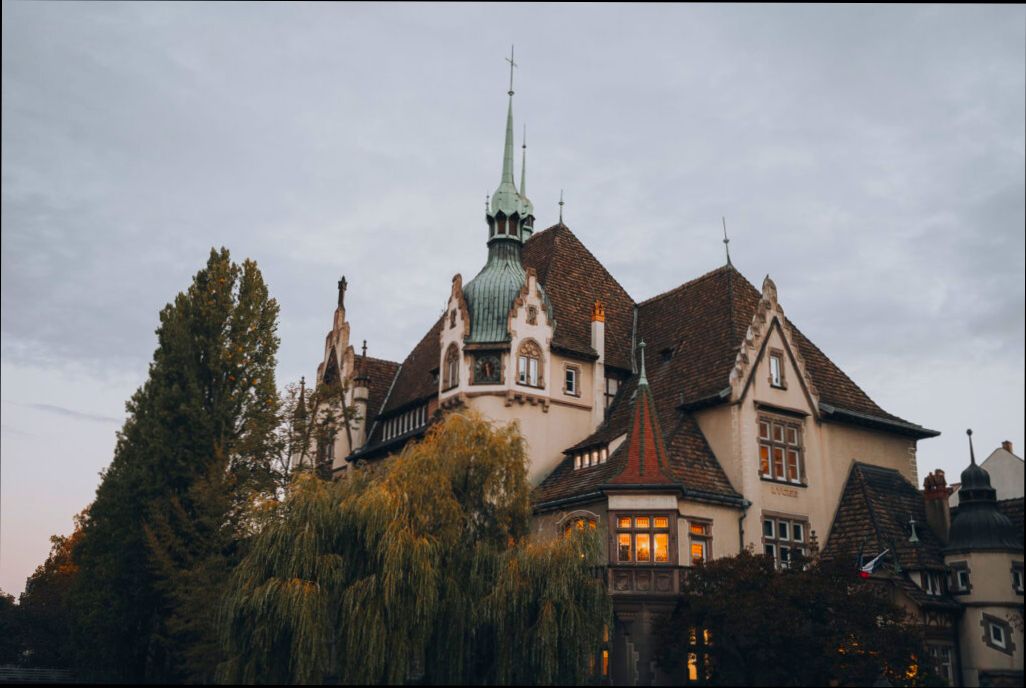
Public Transportation Efficiency for Daily Commuters
When it comes to daily commuting in Strasbourg, public transportation plays a vital role in connecting residents and enabling a seamless travel experience. This section will delve into the efficiency of public transport options in the city, providing you with insights that can enhance your daily commute.
Key Points on Public Transportation Efficiency
- Frequency of Services: Strasbourg’s public transportation, including trams and buses, offers high frequency throughout the day. During peak hours, trams run every 5 minutes on main lines, making it a reliable option for commuters.
- Coverage Area: The network covers a vast area, reaching suburbs and nearby towns. This means you can often commute from peripheral areas with ease, allowing for a broader choice of housing options.
- Integration of Modes: Different modes of transport are well integrated. For example, trams connect with bus services smoothly, enabling quick transfers without long waits. This seamless transition reduces overall commute times significantly.
Public Transportation Efficiency Statistics
| Mode of Transport | Average Wait Time (minutes) | Coverage Area (km) |
|---|---|---|
| Tram | 5 | 45 |
| Bus | 10 | 85 |
| Train | 15 | 100 |
Real-World Examples
Many daily commuters find the tram system particularly effective. For instance, a commuter traveling from the Krutenau area to the European Parliament can complete the journey in about 15-20 minutes during rush hour, thanks to the direct tram line with minimal stops.
Another case is of the bus service that efficiently connects different districts to the city center. A resident living in Bischheim can board the bus and reach Strasbourg’s central station in about 25 minutes, which is ideal for office workers and students alike.
Practical Implications
If you’re considering using public transport, it’s best to equip yourself with a monthly pass, which can lead to substantial savings compared to buying single tickets, especially if you plan to use public transport frequently. A monthly pass costs around €60, which allows unlimited travel across all modes.
You might also want to download the local transportation app, which provides real-time updates on schedules and alerts about any delays or changes. Such apps enhance the commuting experience, ensuring you’re always informed and can plan your travel better.
Actionable Advice
- Always check the tram and bus schedules in advance to plan your journey efficiently.
- Consider commuting during off-peak hours if your schedule allows; this can make your travel more pleasant and quicker due to less crowded vehicles.
- Take advantage of the discounts available for students or families, ensuring you maximize your budget while enjoying efficient transportation.
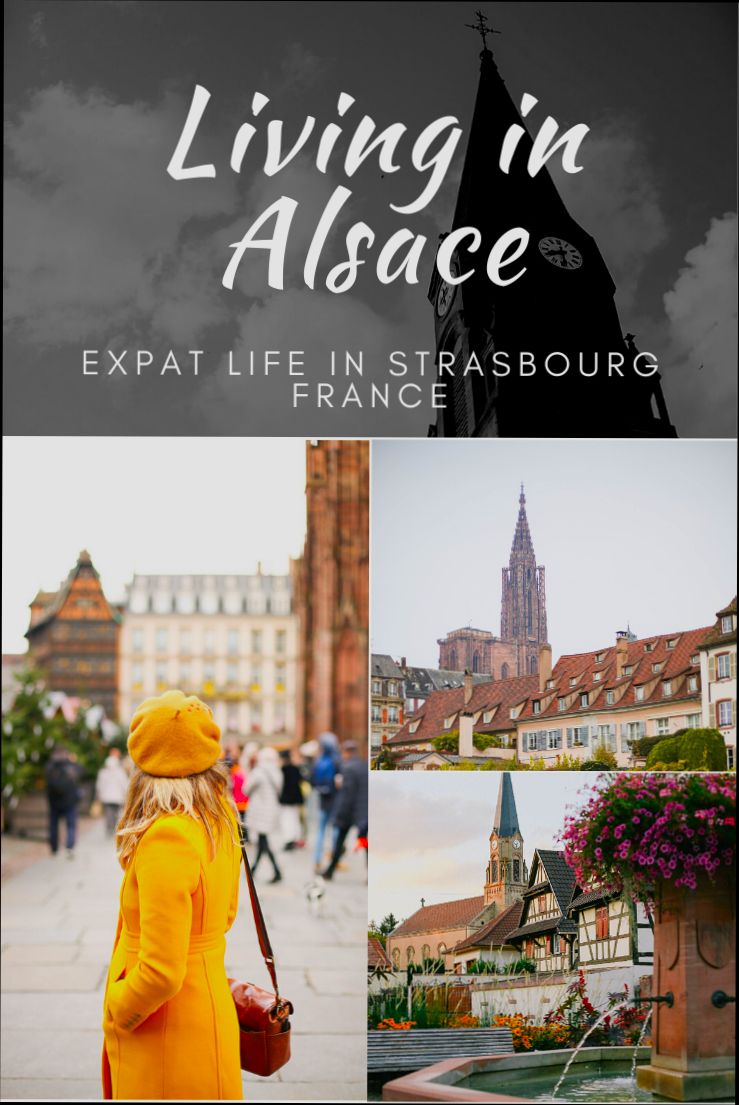
Quality of Life Statistics in Strasbourg
When considering a move to Strasbourg, quality of life is a significant factor to keep in mind. This vibrant city offers various aspects that contribute to a fulfilling living experience, particularly for expats. Let’s explore some key quality of life statistics that highlight what you can expect when making Strasbourg your new home.
Key Life Quality Indicators
1. Safety and Security: Strasbourg boasts a strong safety record, with crime rates significantly lower than in many other major European cities. The overall crime rate in the city is around 2,000 reported incidents per 100,000 inhabitants, which signifies a fairly low level of crime.
2. Environmental Quality: The city places a high emphasis on green spaces and sustainability. Approximately 30% of Strasbourg’s area consists of parks and gardens. This provides ample opportunity for enjoying nature right in the city.
3. Education Quality: Strasbourg offers excellent educational facilities, with several reputable universities and institutions contributing to a high literacy rate of approximately 99%. This factor is particularly appealing for families considering relocation.
4. Public Amenities: The city provides its residents with numerous public amenities. Strasbourg ranks 7th among French cities for public facilities, scoring a notable 75% satisfaction rate among its residents regarding available public services.
5. Cultural Opportunities: Cultural activities are abundant, with around 500 cultural events happening annually. This stat reflects how engaging and diverse the cultural landscape is, providing numerous options for entertainment and personal development.
| Quality of Life Indicator | Statistic |
|---|---|
| Crime Rate (per 100,000) | 2,000 |
| Percentage of Green Spaces | 30% |
| Literacy Rate | 99% |
| Public Amenities Satisfaction | 75% |
| Annual Cultural Events | 500 |
Real-World Examples
For instance, families moving to Strasbourg can benefit from its excellent schooling system, characterized by a blend of public and private options. Students often excel academically due to strong community support and resources available. Expats have reported feeling secure and well-supported, contributing to a quicker adaptation to their new environment.
Additionally, a case study highlighted an expat family who moved to the city and was delighted by the number of cultural events they could participate in. They frequently attended festivals and art exhibitions, which enriched their experience of living in Strasbourg while providing insights into local traditions.
Practical Implications for Expats
Understanding these quality of life statistics can help you make informed decisions regarding your move. If safety and educational opportunities are top priorities for your family, Strasbourg provides a compelling case for relocation. The green spaces can enhance your outdoor lifestyle, while vibrant cultural offerings will keep you engaged.
Actionable Insights
Be proactive in your search for housing close to reputable schools or within the city’s parks. Attend local community gatherings to better understand the cultural dynamics, and stay updated on city events to fully immerse yourself in the spirited life that makes Strasbourg unique.
